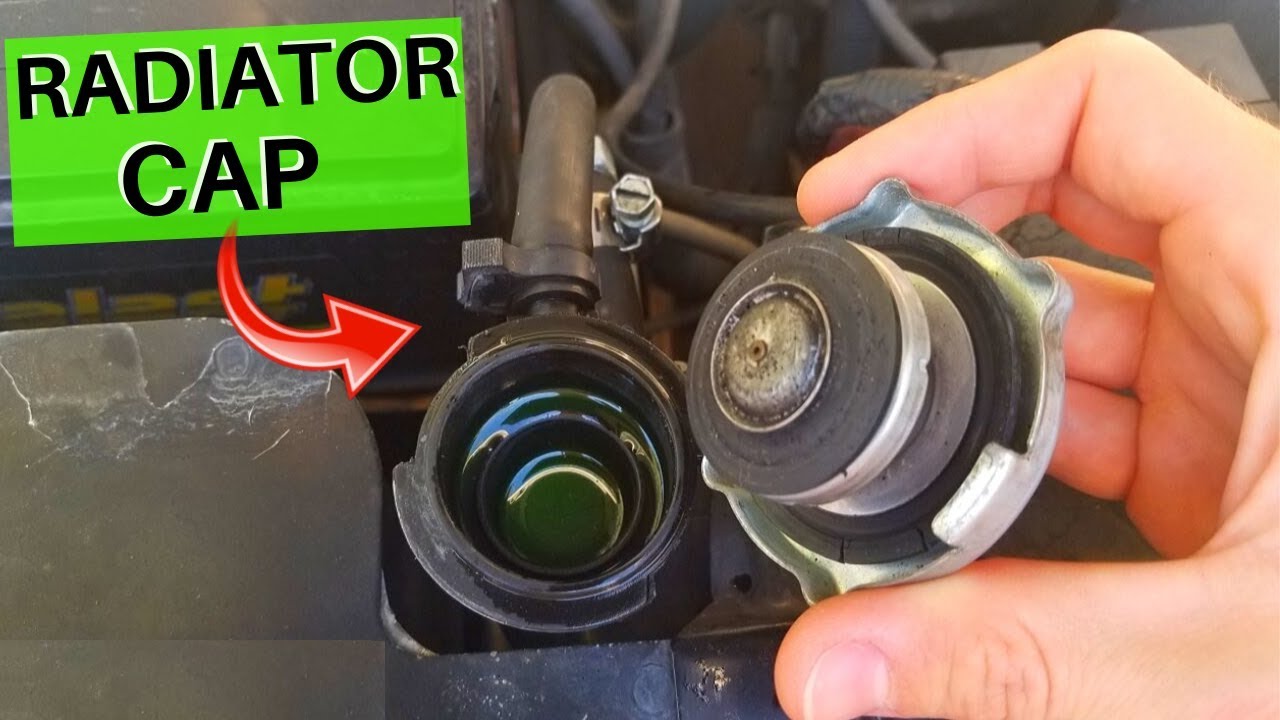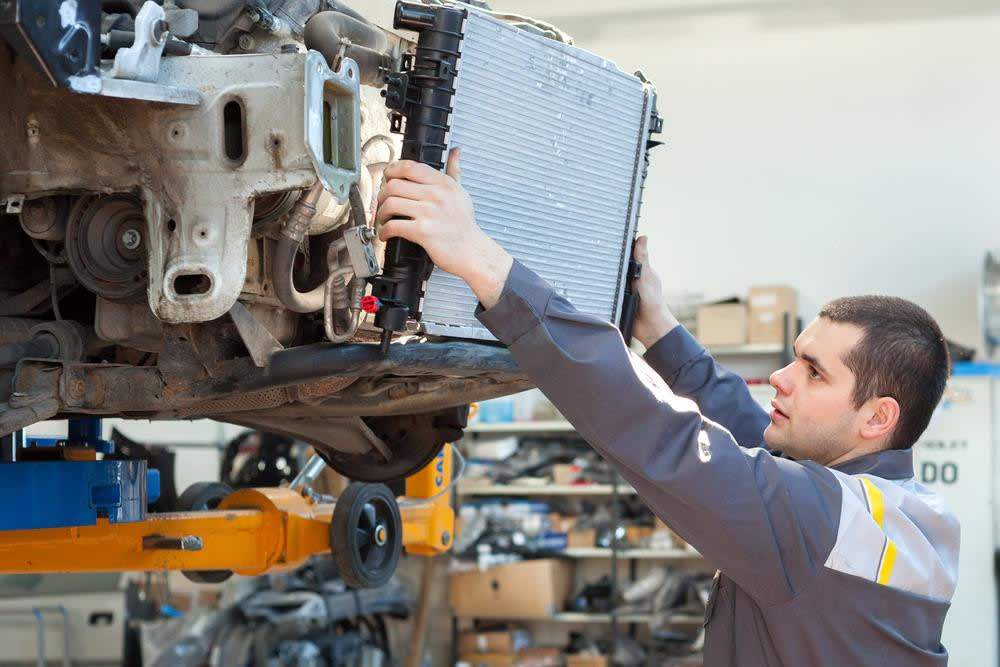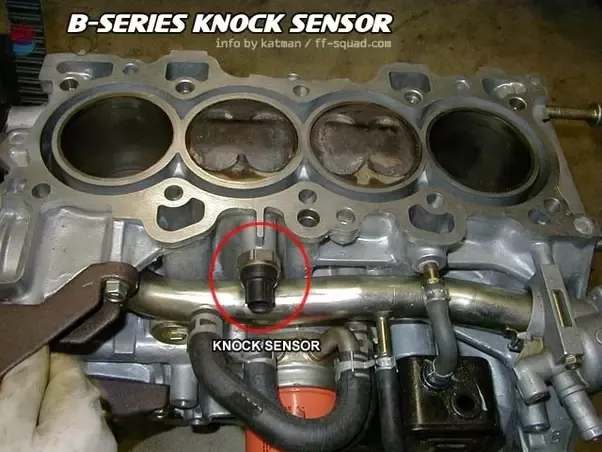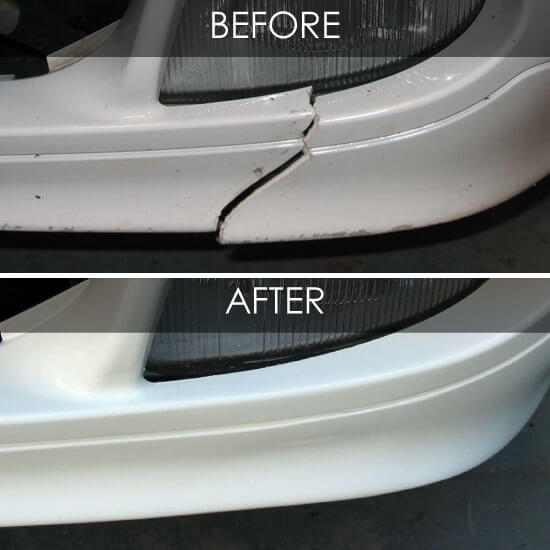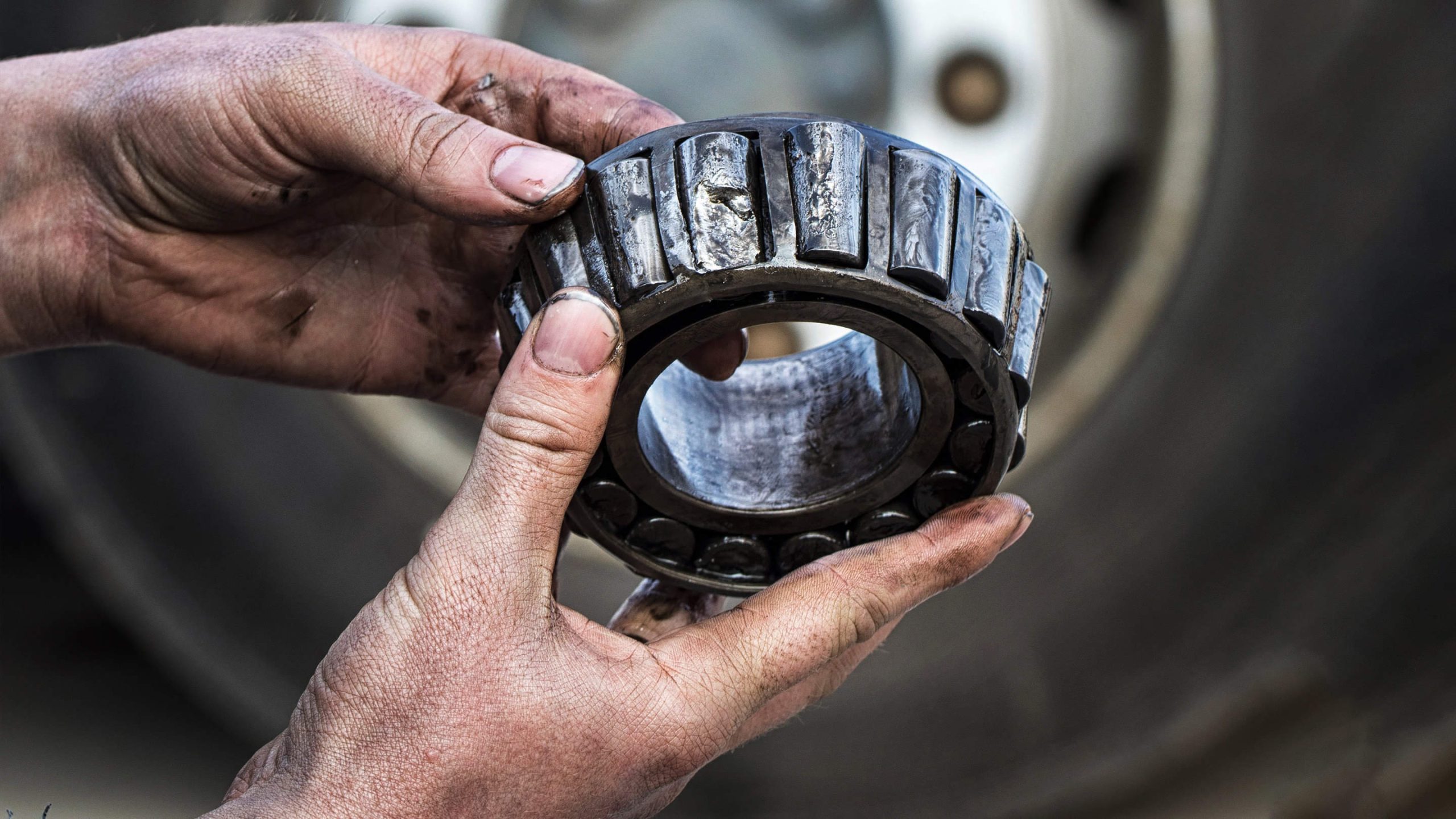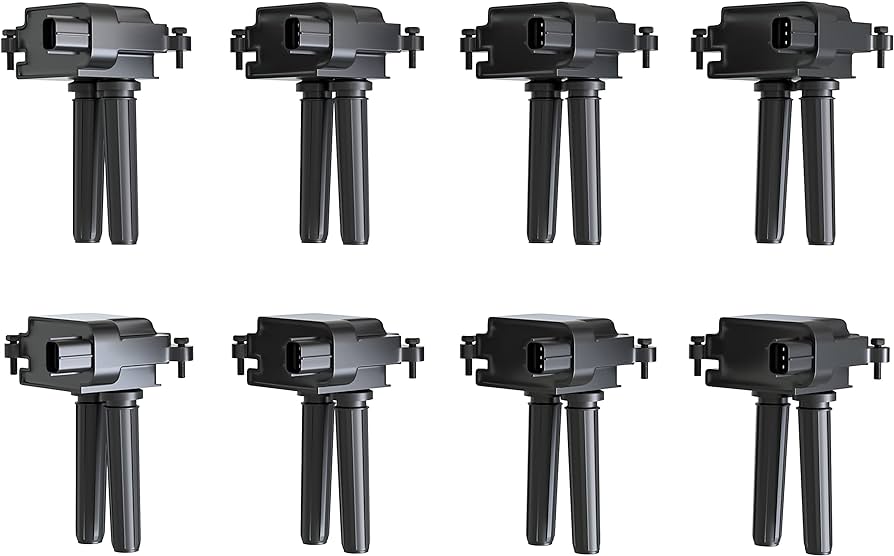Can a Bad Radiator Cause Coolant Loss
A bad radiator can cause coolant loss by leaking or breaking, resulting in decreased coolant levels. When the radiator is damaged, coolant can escape and lead to low levels in the system.
This can cause the engine to overheat and potentially lead to more serious issues if left unchecked. It is important to address a bad radiator immediately to prevent coolant loss and potential engine damage. Regular maintenance and inspections can help identify and resolve radiator problems early on, ensuring optimal engine performance and preventing coolant loss.
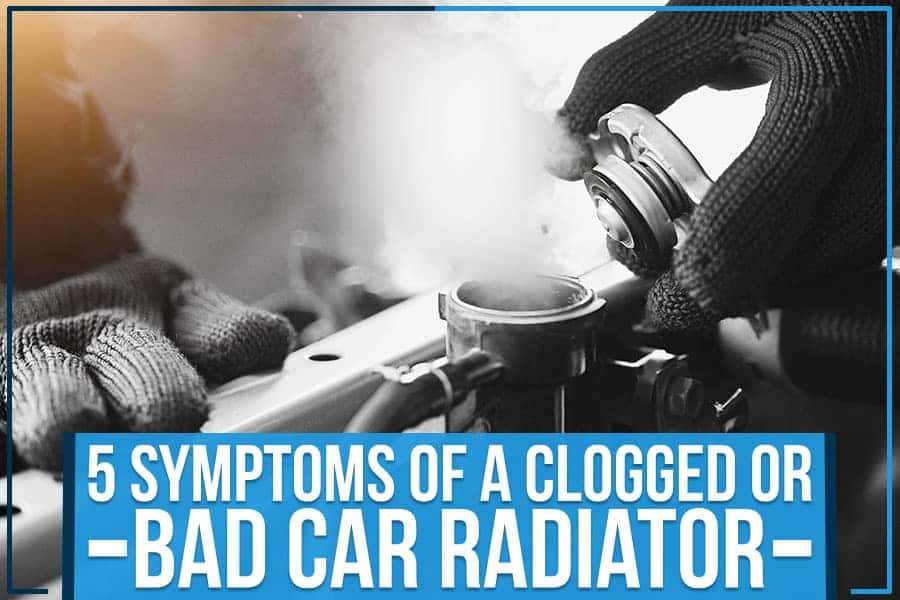
Credit: www.scottrobinsonhonda.com
The Importance Of A Radiator In A Car’s Cooling System
The Importance of a Radiator in a Car’s Cooling System
A radiator is a crucial component in a car’s cooling system. It plays a key role in maintaining the optimal temperature of the engine by dissipating heat generated during the combustion process. A well-functioning radiator not only prevents overheating but also ensures the efficient performance of the vehicle. Understanding the significance of a radiator and how it works can help car owners detect issues early and prevent potential damage to their vehicles.
How Does A Radiator Work?
A radiator operates by transferring heat away from the engine using a combination of coolant, metal fins, and the airflow passing through the grille of the car. As the hot coolant from the engine flows through the radiator, the metal fins help to dissipate the heat, allowing the coolant to return to a lower temperature before recirculating through the engine. The airflow, either natural or assisted by a fan, aids in the cooling process by carrying the heat away from the radiator.
Why Is Coolant Necessary For The Cooling System?
Coolant, also known as antifreeze, is essential for the cooling system as it helps regulate the temperature of the engine. It prevents the water within the radiator from freezing in cold temperatures and boiling in hot conditions, thus maintaining the ideal operating temperature for the engine. Additionally, it contains corrosion inhibitors that protect the radiator and other components of the cooling system from rust and corrosion, prolonging their lifespan and ensuring efficient performance.
Signs And Symptoms Of Coolant Loss
Coolant loss can be a serious issue for your vehicle, potentially leading to engine damage if not addressed promptly. There are several signs and symptoms that indicate coolant loss, allowing you to identify the problem before it worsens. In this section, we will explore three common warning signs that can help you determine if your vehicle is experiencing coolant loss.
Visible Coolant Leaks
If you notice puddles or stains of bright-colored liquid under your vehicle, it is a clear indication of a coolant leak. Coolant, also known as antifreeze, is typically colored green, pink, or orange to help easily identify leaks. These leaks can stem from various components of your cooling system, including the radiator, hoses, water pump, or even the radiator cap. It is important to mention that coolant leaks can occur both inside and outside of your engine, so it is crucial to investigate the source of the leak to prevent further coolant loss.
Engine Overheating
Engine overheating is another common symptom of coolant loss. When there is insufficient coolant to regulate the engine temperature, it can lead to overheating, causing potential damage to the engine. If you notice that the temperature gauge on your dashboard is consistently higher than normal or if your engine temperature warning light illuminates, it could indicate coolant loss. Ignoring engine overheating can result in severe engine damage, so it is crucial to address the issue promptly.
Low Coolant Level
An obvious sign of coolant loss is a low coolant level. Checking your coolant reservoir regularly can help you identify this issue. The reservoir, which is usually translucent, is marked with “max” and “min” lines to indicate the proper coolant level. If the coolant level is below the minimum mark or significantly lower than usual, it suggests coolant loss. Keep in mind that coolant loss can be caused by various factors, including a bad radiator, so it is important to investigate further if you notice a consistently low coolant level.
In conclusion, being aware of the signs and symptoms of coolant loss can help you identify and address this issue promptly. Visible coolant leaks, engine overheating, and low coolant levels are clear indicators of coolant loss. If you notice any of these signs, it is crucial to take immediate action to prevent further damage to your vehicle’s engine. Regular maintenance and inspections can help you identify and resolve coolant loss issues before they become severe.
How A Bad Radiator Can Cause Coolant Loss
When it comes to your vehicle’s cooling system, a bad radiator can be a significant cause of coolant loss. The radiator plays a crucial role in keeping your engine cool by transferring heat away from the coolant. However, if the radiator is faulty or damaged, it can lead to coolant leaks, inadequate pressure regulation, and even internal corrosion, resulting in coolant loss.
Leaking Radiator
A leaking radiator is a common issue that can cause coolant loss. Over time, the radiator’s cooling fins can deteriorate due to wear and tear, causing small cracks or holes to form. These leaks allow coolant to escape from the system, resulting in a gradual decrease in coolant levels.
Furthermore, damage to the radiator’s hoses or seals can also lead to coolant leaks. If the hoses are cracked or worn, they may fail to seal properly, causing coolant to seep out. Similarly, faulty seals around the radiator can allow coolant to escape, contributing to coolant loss.
Code Example – Leaking Radiator:
if (radiatorLeaking) {
coolantLoss += 1;
}
Broken Radiator Cap
A damaged radiator cap can also be a culprit behind coolant loss. The radiator cap is responsible for maintaining the appropriate pressure in the cooling system, allowing the coolant to reach its optimal boiling point. However, a broken or faulty radiator cap may fail to seal properly, leading to coolant evaporation and subsequent loss.
Additionally, a damaged radiator cap can hinder the cooling system’s ability to maintain its pressure, causing the coolant to boil at a lower temperature. This can result in increased evaporation and further coolant loss.
Code Example – Damaged Radiator Cap:
if (radiatorCapDamaged) {
coolantLoss += 2;
}
Clogged Radiator
A clogged radiator can impede the circulation of coolant, leading to overheating and coolant loss. Over time, debris, sediment, or rust particles can accumulate within the radiator, causing blockages. This restricts the flow of coolant through the cooling fins, reducing its ability to cool down the engine effectively.
As a result, the engine may overheat, causing the coolant to evaporate and escape through the overflow tube or radiator cap. This can lead to a significant loss of coolant and potential engine damage if left unresolved.
Code Example – Clogged Radiator:
if (radiatorClogged) {
coolantLoss += 3;
}
Internal Corrosion
Internal corrosion within the radiator can also contribute to coolant loss. Over time, the continuous exposure of coolant to oxygen and metal surfaces can cause the radiator’s internal components, such as the cooling fins or tubes, to corrode. This corrosion can lead to the formation of small leaks or weak spots in the radiator, allowing coolant to escape.
If left untreated, internal corrosion can worsen, leading to further coolant loss and potential damage to other cooling system components. Regular maintenance and the use of coolant additives can help prevent or slow down the occurrence of internal corrosion, minimizing the risk of coolant loss.
Code Example – Internal Corrosion:
if (internalCorrosionPresent) {
coolantLoss += 4;
}

Credit: www.youtube.com
Effects And Risks Of Coolant Loss
Coolant loss in a vehicle can lead to several adverse effects and potential risks. Understanding the impact of coolant loss is crucial in maintaining the proper functioning of your engine and preventing potential damage. Let’s delve into the effects and risks of coolant loss, including the dangers associated with engine overheating and failure, as well as the inefficiency of the cooling system.
Engine Overheating And Damage
A bad radiator causing coolant loss can lead to engine overheating, a situation that poses a significant risk to the overall health of the engine. Without an adequate supply of coolant, the engine is unable to regulate its temperature effectively, leading to potential damage.
Potential For Engine Failure
Coolant loss due to a bad radiator can increase the potential for engine failure. Lack of coolant can cause the engine to overheat, resulting in serious internal damage and potentially leading to a complete breakdown of the engine if left unaddressed.
Inefficient Cooling System
Coolant loss negatively impacts the efficiency of the cooling system as a whole. A reduction in the coolant level can diminish the system’s ability to dissipate heat, compromising the engine’s overall performance and longevity.
Prevention And Maintenance Tips
A faulty radiator can lead to coolant loss in your vehicle. Stay proactive with regular maintenance to prevent this issue and avoid potential engine damage.
Regular inspection and maintenance Regular inspection and maintenance are key to preventing coolant loss caused by a bad radiator. It is essential to visually inspect the radiator for any signs of leakage or damage. Look for cracks, rust, or loose connections. Conduct regular maintenance checks to ensure the radiator is functioning optimally. A well-maintained radiator not only prevents coolant loss but also extends the lifespan of the entire cooling system. Proper coolant levels Maintaining proper coolant levels is crucial in preventing coolant loss. The coolant acts as a heat transfer medium and prevents the engine from overheating. Insufficient coolant levels can result in the engine running hot and potentially causing coolant loss. To maintain optimal coolant levels, refer to your vehicle’s owner manual for the recommended coolant type and capacity. Regularly check the coolant levels using the coolant reservoir or radiator fill cap, ensuring it is within the specified range. Addressing radiator issues promptly Addressing radiator issues promptly is essential to preventing coolant loss. If you notice any signs of radiator problems, such as leaks or overheating, it is crucial to take immediate action. Ignoring these issues can lead to further damage and eventually result in coolant loss. Consult a qualified mechanic or radiator specialist to diagnose and repair any radiator problems. Promptly addressing these issues will help preserve the integrity of the cooling system and prevent coolant loss.Regular Inspection And Maintenance
- Visually inspect the radiator for any signs of leakage or damage.
- Look for cracks, rust, or loose connections.
- Conduct regular maintenance checks to ensure the radiator is functioning optimally.
- A well-maintained radiator prevents coolant loss and extends the lifespan of the cooling system.
Proper Coolant Levels
- Refer to your vehicle’s owner manual for recommended coolant type and capacity.
- Regularly check coolant levels using the coolant reservoir or radiator fill cap.
- Maintain coolant levels within the specified range to prevent overheating and coolant loss.
- Insufficient coolant levels can lead to engine running hot and potential coolant loss.
Addressing Radiator Issues Promptly
When it comes to radiator problems, addressing them promptly is crucial in preventing coolant loss. If you notice signs of radiator leaks or overheating, immediate action is necessary. Ignoring these problems can result in further damage and eventually lead to coolant loss. Consult a qualified mechanic or radiator specialist to diagnose and repair any radiator issues. Quick resolution of these problems helps maintain the integrity of the cooling system, preventing coolant loss.| Prevention and Maintenance Tips |
|---|
| Address radiator issues promptly |
| Regular inspection and maintenance |
| Proper coolant levels |
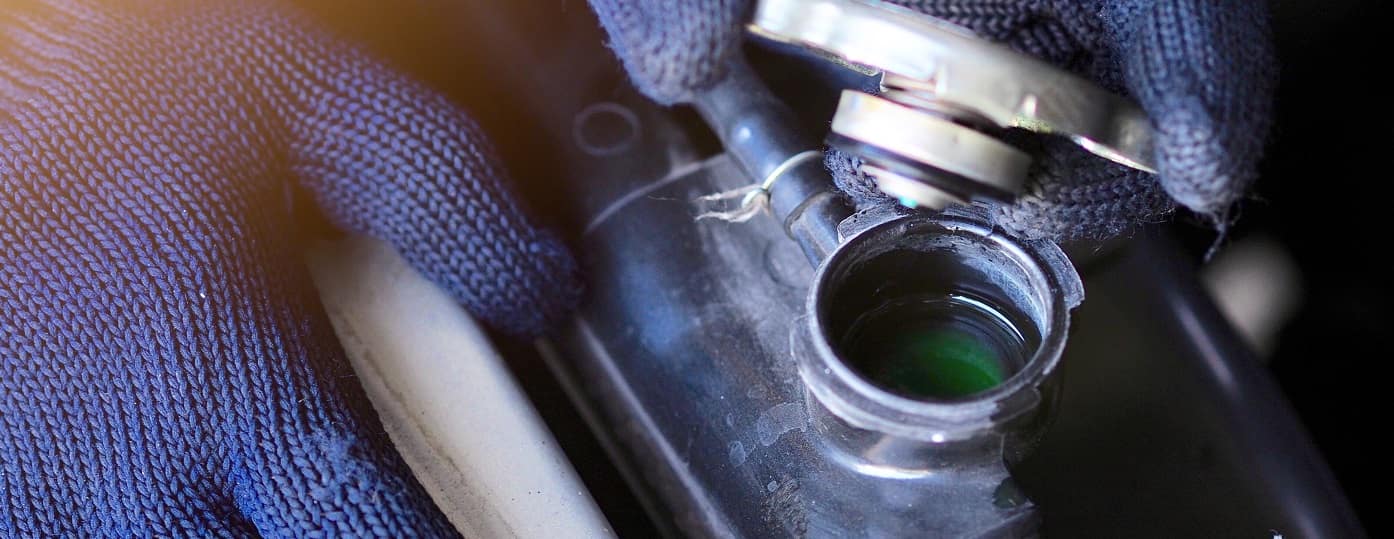
Credit: www.hondaofbaycounty.com
Frequently Asked Questions For Can A Bad Radiator Cause Coolant Loss
Can A Bad Radiator Cause Coolant Loss?
Yes, a bad radiator can cause coolant loss. A leaking radiator can result in coolant leaking out of the system, leading to a decrease in coolant levels. The loss of coolant can result in engine overheating and potential damage if not addressed promptly.
It is important to regularly inspect and maintain your radiator to prevent coolant loss.
Conclusion
So, can a bad radiator cause coolant loss? The answer is a resounding yes. It’s crucial to address radiator issues promptly to prevent serious engine damage. Regular maintenance and inspections can help identify problems early and keep your vehicle running smoothly.
Don’t overlook the importance of a properly functioning radiator in preserving your engine’s health.

